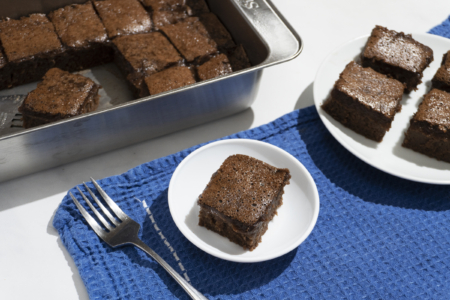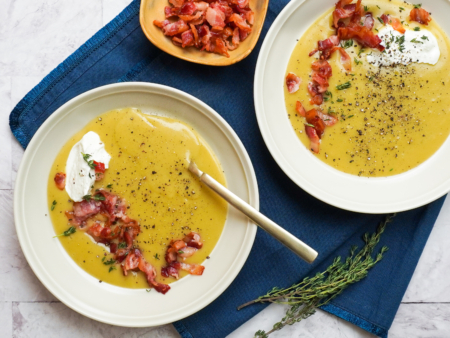Today we are going to be looking at one of the more unusual grape-based offerings available: Ice wine. This super-sweet drink is not for everyone, but those looking for a wine unlike any other would be hard pressed — pardon the pun — to find something as unique as this chilly treat.
What is it?
When we talk about ice wine (or eiswein) we’re not talking about chilled wine or a glass of white with a couple of ice cubes. Ice wine is a very sweet dessert drink that is the end result of an unusual harvesting process. The wine is produced in extremely cold regions like Canada, Germany, Austria, and parts of the United States. Frozen grapes are harvested at around 20°F. The frozen grapes are then crushed and pressed; the resulting juice is used to produce ice wine. The extremely sweet juice is then fermented for between three and six months before bottling.
In order to mitigate some of the sweetness, producers tend to use more acidic grapes when making ice wine: Riesling, Vidal, Gewürztraminer, and Cabernet Franc are most commonly used for ice wine production.

There are fairly strict rules regarding the production of ice wine and how it is categorized. For example in countries like Canada, Austria, Germany, and the United States, wine made from commercially frozen grapes cannot be sold as ice wine. Instead, it will be categorized as “iced wine” or “dessert wine.” If you’re determined to try the real thing, make sure you only buy bottles labeled as “ice wine.”
Flavor profile

In case it wasn’t already clear, ice wine—like most dessert wines—is very sweet. The wine tends to be medium to full-bodied with a pronounced fruity taste. Depending on whether it’s a red or white version, expect to get aromas of peach, apricot, and other stone fruits. There is also a noticeable honey flavor in many ice wines. In the case of red ice wines, it’s not uncommon to get heavy strawberry notes as well a spicy aftertaste.
Food pairing

As it’s a dessert wine, it makes the most sense to pair ice wine with sweet post-dinner treats. Due to the sweetness of the wine itself, we would recommend picking less sugary desserts to pair with the wine. Cheesecake is a great option as is ice cream, panna cotta, coconut, and vanilla.
Ice wine also pairs very well with cheeses, particular of the softer variety.
Wines to try
The harvesting and production of ice wine is time-consuming and costly so expect prices to reflect this. It’s unlikely that you’ll find a bottle of ice wine for less than $30. Furthermore, most bottles only contain 375ml of ice wine.
Inniskillin Riesling Icewine ($52)
This Canadian bottle perfectly combines a honeyed sweetness with a pleasant acidity.
Weingut Markus Huber Berg Riesling Eiswein ($39)
A lovely fruity wine from Austria, this bottle has a fresh taste with a strong hint of honey.
Peller Estates Signatures Series Cabernet Franc Icewine ($63)
Another bottle from Canada, this wine is full flavored with a surprising amount of tasty tannins.



